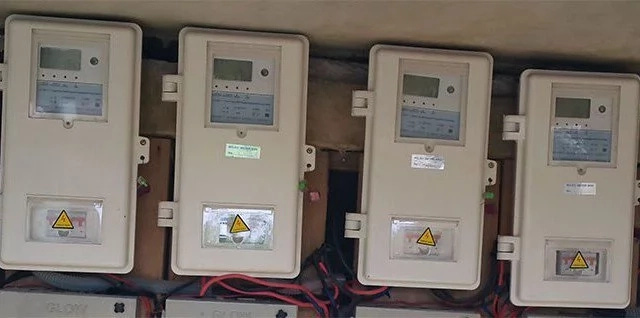Kola Balogun, the Chairman, Momas Electricity Meter Manufacturing Company Limited, Lagos, says indigenous meter manufactures have commenced massive production of meters.
This, Balogun said, was to meet the Nigerian Electricity Regulatory Commission’s May 1 rollout deadline.
Balogun disclosed this in an interview with the News Agency of Nigeria on Friday in Lagos.
NAN reports that on April 5 NERC issued permits to Meter Asset Providers to rollout new meters not later than May 1.
According to Balogun, manufacturers have also concluded to commence three shift production activities to actualise the NERC’s directives in meeting the May 1 deadline.
He said: “We will be producing a minimum of about 70,000 meters monthly on three shift production operations to support the May 1 actualisation.
“Manufacturers have taken bold steps to double production capacity in areas of employment capacity, raw materials and effective services to meet NERC’s May 1.”
The Momas boss said manufactures had commenced recruitment of more personnel to fill in for the three shifts to be able to work round the clock to meet up the metering gap.
UBA wise savers
The decision, Balogun said, had created more job opportunities for Nigerians.
He said: “We (meter manufacturers) have been able to take youths off the streets to start working with us.
“This will also boost the economic growth of the country.
“It will also reduce the congestion of human capital at the labour market.
“I want to assure electricity consumers that the May 1 rollout of metering is visible and achievable.
“Consumers should look up to the timeline of May 1.”
Balogun lauded the Minster of Power, Works and Housing, Babatunde Fashola, for the bold step he took in addressing metering gap and power challenges in the country.
He also commended the chairman of the NERC and the commissioners for their immense contributions toward the commencement of meter rollout in May 1.
According to him, meeting the metering gap will be a new dawn in the power sector.
Balogun said: “Meter manufacturers commended the Federal Government initiative toward ending metering gap in the country and ensuring all electricity consumers within discos were metered to abolish estimated billings.”
Balogun, however, urged government to support more indigenous meter manufacturing companies to excel, saying that MEMMCOL was an example of the local content policy of the government.
He said: “MEMMCOL is 100 per cent local content, employing young and enterprising Nigerians and equipping them adequately with requisite training locally and internationally.”
Balogun said bridging gap in metering in the country would put an end to metering challenges faced by customers.
He expressed delight that the MAP programme was introduced to ensure that consumers only paid for electricity they actually consumed.
Balogun said that MAP regulator rightly knew there were no free meters and, however, provided for third party to finance those meters for acquisition of such assets under terms issued by NERC.
NAN.

The model for use a virtual assistant just makes sense: moving transactional activities to subject matter experts alllows you to give your company the capacity to focus on its expertise. It doesn’t have to mean offshore – there are virtual assistants in every country.
It’s great that you are getting thoughts from this paragraph as well as from our argument made at
this place.
You are a very bright person!